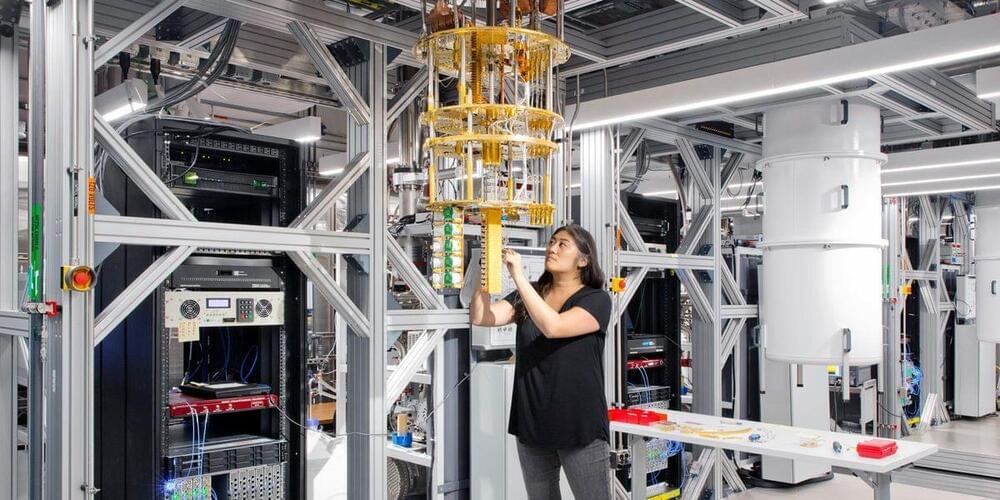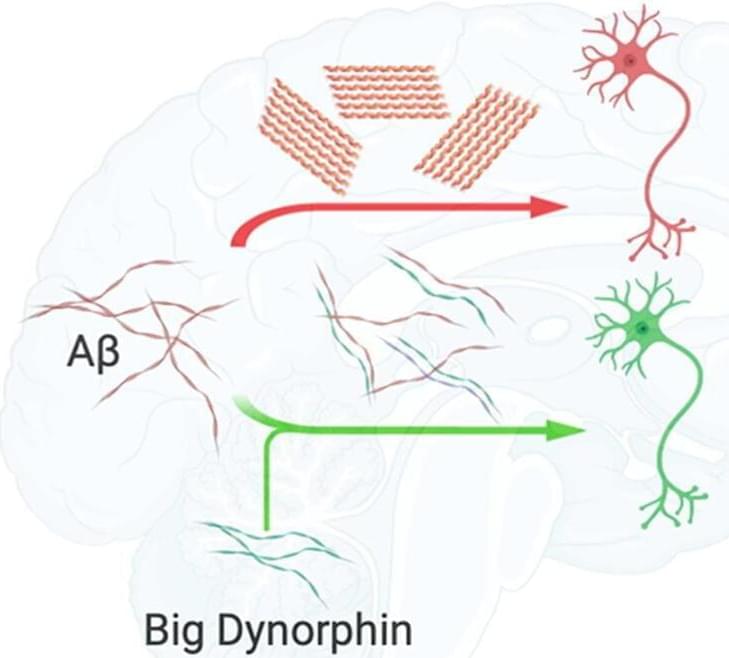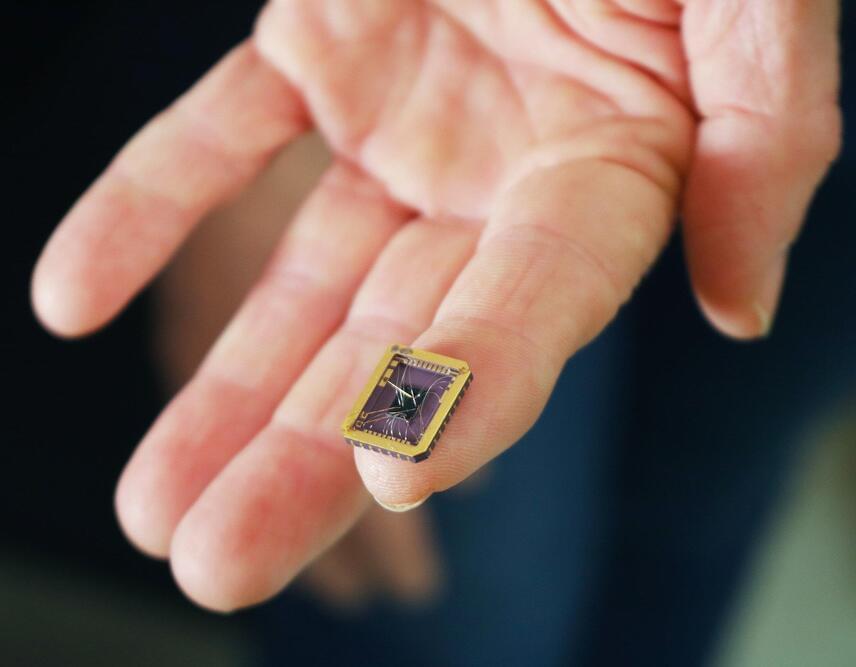Archive for the ‘computing’ category: Page 301
Dec 25, 2022
The Biggest Discoveries in Computer Science in 2022
Posted by Dan Breeden in categories: computing, encryption, internet, mathematics, quantum physics, science, security
As computer scientists tackle a greater range of problems, their work has grown increasingly interdisciplinary. This year, many of the most significant computer science results also involved other scientists and mathematicians. Perhaps the most practical involved the cryptographic questions underlying the security of the internet, which tend to be complicated mathematical problems. One such problem — the product of two elliptic curves and their relation to an abelian surface — ended up bringing down a promising new cryptography scheme that was thought to be strong enough to withstand an attack from a quantum computer. And a different set of mathematical relationships, in the form of one-way functions, will tell cryptographers if truly secure codes are even possible.
Computer science, and quantum computing in particular, also heavily overlaps with physics. In one of the biggest developments in theoretical computer science this year, researchers posted a proof of the NLTS conjecture, which (among other things) states that a ghostly connection between particles known as quantum entanglement is not as delicate as physicists once imagined. This has implications not just for our understanding of the physical world, but also for the myriad cryptographic possibilities that entanglement makes possible.
Dec 25, 2022
Did Physicists Open a Portal to Extra Time Dimension, as Claimed?
Posted by Shubham Ghosh Roy in categories: computing, quantum physics
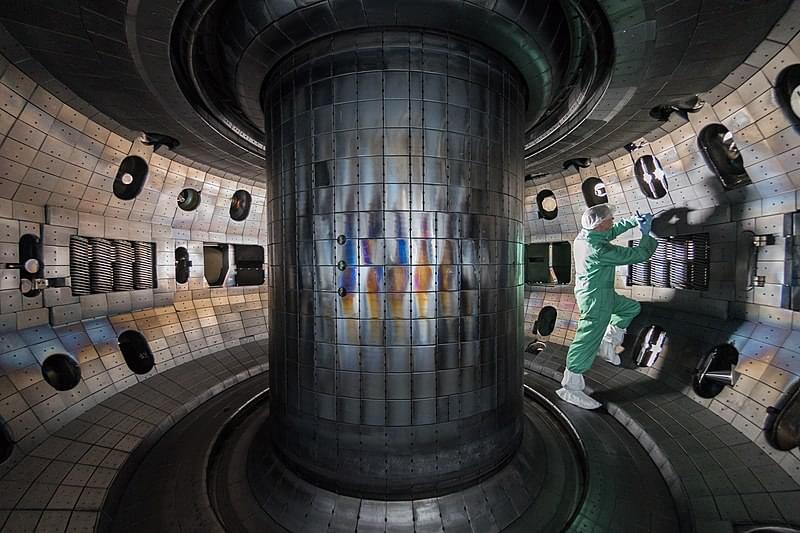
The physicists, constructing “time crystals”, happened on an error correction technique for quantum computers. The rest is the story we all wish we were in.
Dec 24, 2022
Unbelievable experiment allowed scientists to ‘reverse time’ with a quantum computer
Posted by Paul Battista in categories: computing, quantum physics
Time is the most valuable thing that we have in our lives, and we never seem to have enough of it. Whether you’re trying to scratch out more time, or just making the most of what you have, there’s no denying that being able to reverse time would be handy.
Dec 22, 2022
Billionaires are investing in brain-computer-interface systems. Here’s why
Posted by Gemechu Taye in categories: computing, neuroscience

The technology has significantly progressed in the past 50 years.
Earlier this month, we reported that Bill Gates and Jeff Bezos-backed foundations (Gates Frontier and Bezos Expeditions) joined other companies.
Continue reading “Billionaires are investing in brain-computer-interface systems. Here’s why” »
Dec 22, 2022
Scientists can now “see” things without “looking” at them using a new quantum technique
Posted by Gemechu Taye in categories: computing, quantum physics
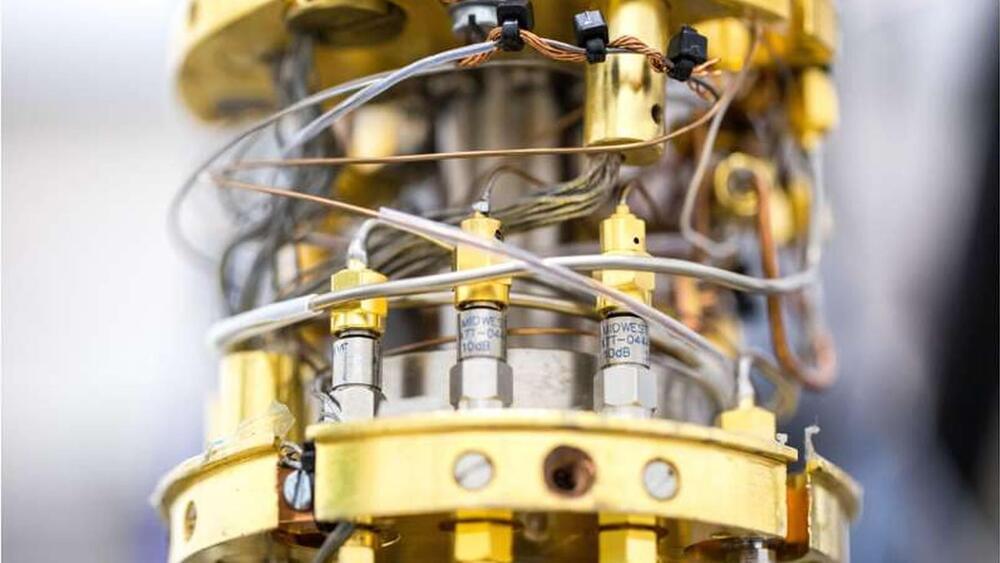
“We also demonstrated that even very low-power microwave pulses can be detected efficiently using our protocol.”
A team of scientists has devised a means of using quantum mechanics to “view” objects indirectly. The new method could improve measurements for quantum computers and other systems. It brings together the quantum and classical worlds.
Dec 22, 2022
Big dynorphin may protect neurons from the accumulation of Alzheimer’s-associated amyloid
Posted by Nicholi Avery in categories: biotech/medical, computing, neuroscience
𝐀𝐥𝐳𝐡𝐞𝐢𝐦𝐞𝐫’𝐬 𝐃𝐢𝐬𝐞𝐚𝐬𝐞
One of the main features of Alzheimer’s disease is that the β-amyloid peptide, a molecule found inside neurons that has many diverse functions, begins to fold incorrectly and accumulates. This process, which ends up causing neuronal death, is linked to a series of other cellular alterations, making it difficult to determine whether they are the cause or the consequence. An example is the case of the deregulation of a type of dynorphin.
Dynorphins are the body’s own opioid peptides, which play a key role in many brain pathways. They are located in different areas of the brain, such as the hippocampus, amygdala or hypothalamus, and are involved in memory processes, emotion control, stress and pain, and among other processes. In addition, several studies have shown their involvement in epilepsy, stroke, addictions, depression and schizophrenia.
Dec 22, 2022
Team develops graphene-based nanoelectronics platform
Posted by Saúl Morales Rodriguéz in categories: computing, particle physics, quantum physics, sustainability
A pressing quest in the field of nanoelectronics is the search for a material that could replace silicon. Graphene has seemed promising for decades. But its potential has faltered along the way, due to damaging processing methods and the lack of a new electronics paradigm to embrace it. With silicon nearly maxed out in its ability to accommodate faster computing, the next big nanoelectronics platform is needed now more than ever.
Walter de Heer, Regents’ Professor in the School of Physics at the Georgia Institute of Technology, has taken a critical step forward in making the case for a successor to silicon. De Heer and his collaborators have developed a new nanoelectronics platform based on graphene —a single sheet of carbon atoms. The technology is compatible with conventional microelectronics manufacturing, a necessity for any viable alternative to silicon.
In the course of their research, published in Nature Communications, the team may have also discovered a new quasiparticle. Their discovery could lead to manufacturing smaller, faster, more efficient and more sustainable computer chips, and has potential implications for quantum and high-performance computing.
Dec 21, 2022
Keyboard runs Unreal Engine to animate its keys
Posted by Quinn Sena in category: computing
Dec 21, 2022
The cloud out of space? Scientists scrambling to prevent global data storage crisis
Posted by Saúl Morales Rodriguéz in categories: computing, finance

BIRMINGHAM, United Kingdom — Servers around the world could soon face a massive data storage crunch, thanks to the “mind-blowing amount” of information people store digitally every day.
Researchers from Aston University say the global datasphere — the total amount of data worldwide — will increase by 300 percent within the next three years. Currently, all of this data sits in banks of servers stored in huge warehouses (data centers).
